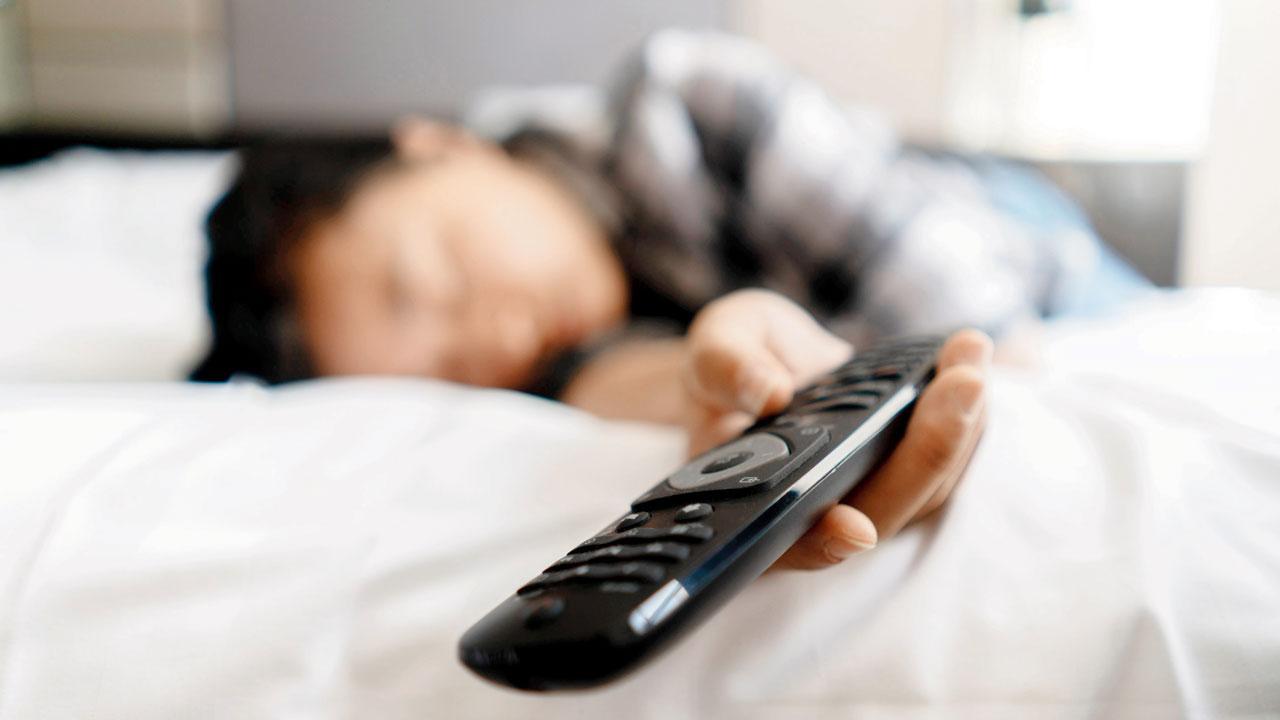Home / Lifestyle / Health & Fitness / Article /
Energy drinks linked to poor sleep quality, insomnia among college students
Updated On: 25 January, 2024 08:38 AM IST | Washington | ANI
While there is some evidence to suggest that they reduce sleep quality, it's not clear exactly which aspects of sleep might be more or less affected, or whether there are any sex specific differences in these effects

Image for representational purposes only. Photo Courtesy: iStock
Consuming energy drinks is associated with poor quality sleep and insomnia among college students, according to a major Norwegian study published in the open-access journal BMJ Open.
And the higher the frequency of consumption, the fewer hours of nightly shut eye the students clocked up. But even just the occasional can--1-3 times a month--is linked to a heightened risk of disturbed sleep, the findings indicate.



